The escalating tension between China and Taiwan has drawn intense international scrutiny, with the situation increasingly seen as a flashpoint for geopolitical rivalry and regional stability. The conflict has its roots in complex historical, political, and ideological divides and has been shaped by years of divergent governance, alliances, and aspirations. Here’s an in-depth look at the key aspects fueling this ongoing clash:
Historical Background and Ideological Divide
The roots of the China-Taiwan clash trace back to the Chinese Civil War (1927–1949), where the ruling Kuomintang (KMT) government retreated to Taiwan after the Communist Party of China (CPC), led by Mao Zedong, took control of mainland China. Taiwan, officially known as the Republic of China (ROC), has since operated as a separate entity, although Beijing has never renounced its claim over the island.
Over time, Taiwan has evolved into a democracy with a unique Taiwanese identity, bolstering a desire among many for formal independence, while China insists on its “One China” principle, regarding Taiwan as a breakaway province.
Strategic Importance of Taiwan
Taiwan’s location makes it a crucial player in East Asian security dynamics and trade. Its proximity to critical sea lanes in the South China Sea, through which substantial global trade passes, renders it essential for international commerce and regional stability.
The island also plays a vital role in the global tech supply chain, especially as a leader in semiconductor manufacturing. Taiwan Semiconductor Manufacturing Company (TSMC), one of the world's largest chipmakers, supplies critical components for a range of devices worldwide. This technological edge makes Taiwan an economic powerhouse and a linchpin for modern economies, further amplifying global stakes in its stability.
U.S. Involvement and Alliances.
The United States, a historical ally of Taiwan, maintains a “strategic ambiguity” policy. This stance, established in the Taiwan Relations Act of 1979, provides Taiwan with defensive support without explicitly committing to military intervention. However, recent American administrations have taken steps that many interpret as a more assertive stance in support of Taiwan, including increased arms sales and high-profile visits by U.S. officials.
Allies in the Indo-Pacific, including Japan and Australia, are also increasingly vocal about their support for Taiwan's self-governance, seeing China’s growing influence as a threat to the regional order. The emergence of the Quad alliance—comprised of the United States, Japan, Australia, and India highlights the region's alignment to counterbalance China’s power.
China’s Growing Assertiveness
Beijing has ramped up its military presence around Taiwan, conducting regular military drills and sorties in Taiwan’s Air Defense Identification Zone (ADIZ). Chinese President Xi Jinping has repeatedly emphasized the importance of "reunification," suggesting that China may not shy away from using force if necessary.
Domestically, Xi’s government views Taiwan’s reunification as central to the concept of a unified China and a fulfillment of the "China Dream." The upcoming centenary of the People’s Republic of China in 2049 has further incentivized this goal, increasing the pressure on Taiwan and its allies.
Potential for Escalation and Global Implications
Any escalation between China and Taiwan could draw in major global powers, given Taiwan’s strategic importance and the security commitments in the region. The risk of conflict holds potential for significant disruptions to the global economy, especially impacting industries dependent on Taiwanese technology.
Regional powers, particularly Japan, South Korea, and the Philippines, would face immediate security challenges, while European nations have also shown an increased interest in the Indo-Pacific, acknowledging that stability there directly impacts their economic and security interests.
Efforts Toward Peaceful Resolution
Despite the rising tensions, diplomatic channels remain open, and there have been ongoing calls for a peaceful resolution. Taiwan’s leadership has emphasized a willingness to engage in dialogue, provided that China respects Taiwan’s self-governance.
Regional and international efforts, including those led by the United Nations, continue to push for diplomatic solutions and restraint from military actions, with the hope that constructive engagement can avert an escalation.
The China-Taiwan clash represents one of the most intricate and high-stakes geopolitical challenges of our time. The outcome of this standoff could redefine regional power dynamics, international alliances, and the stability of the global economy. As both sides bolster their positions and the world watches closely, the need for diplomatic solutions has never been more pressing, emphasizing a global call for strategic patience and proactive engagement.
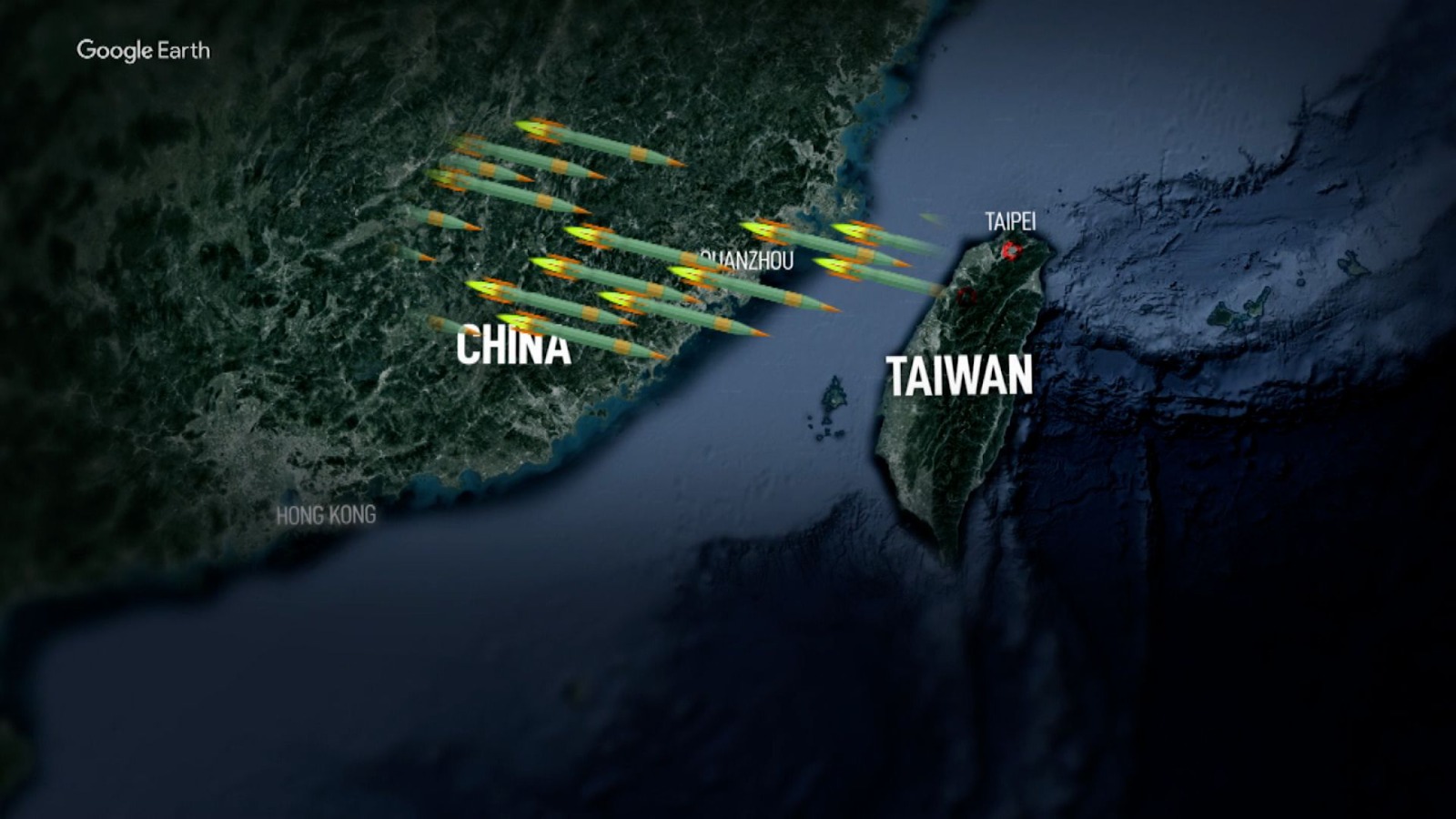
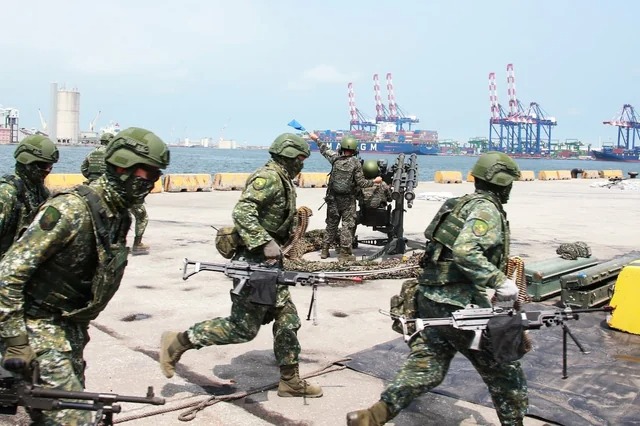
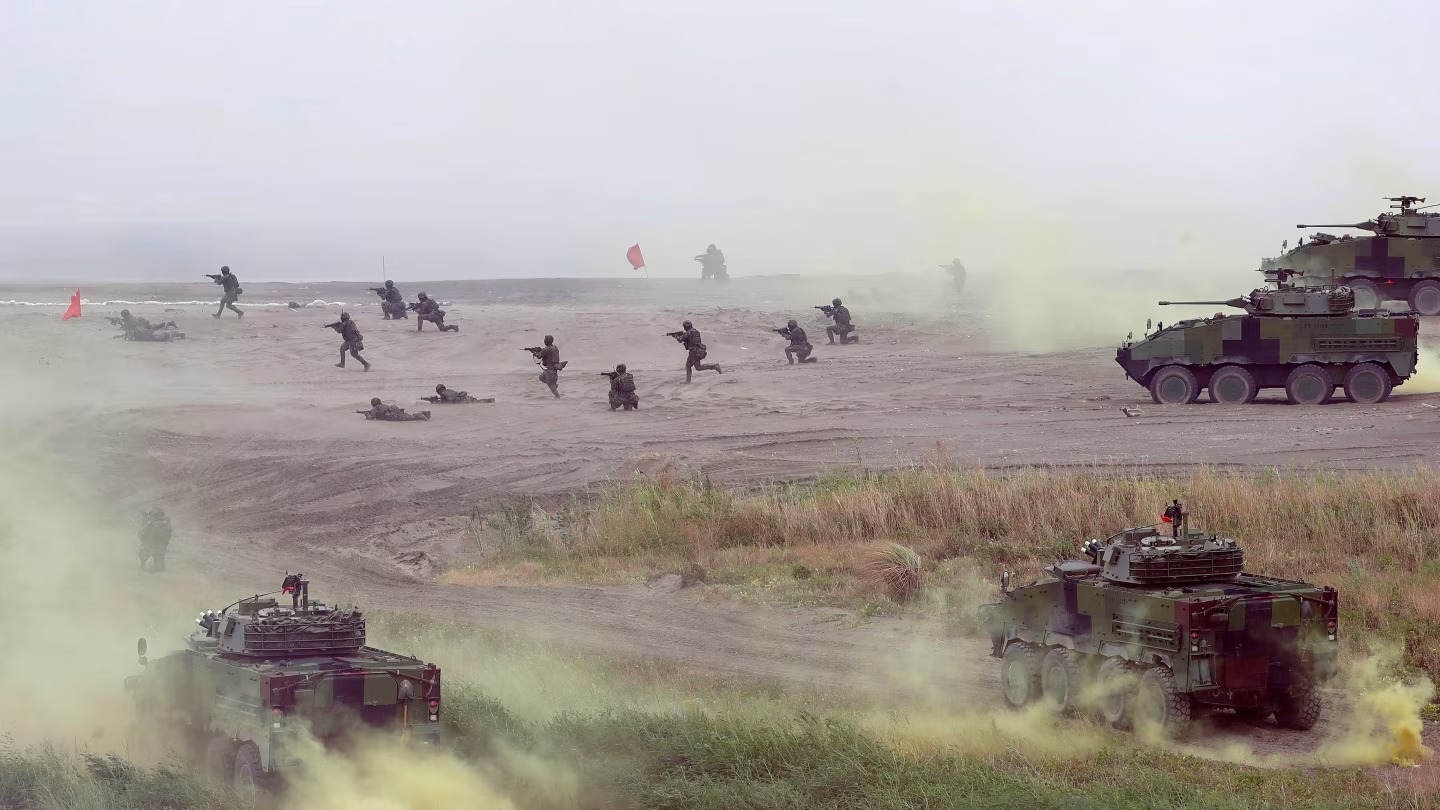
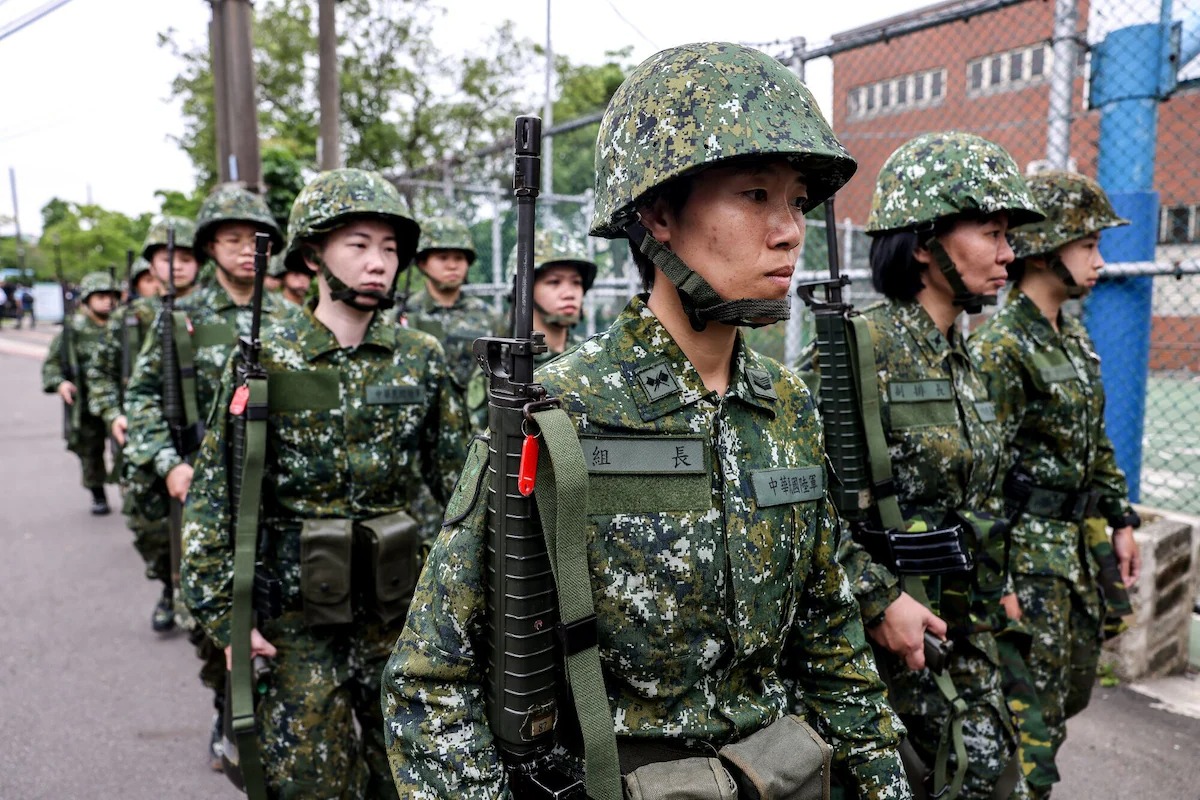
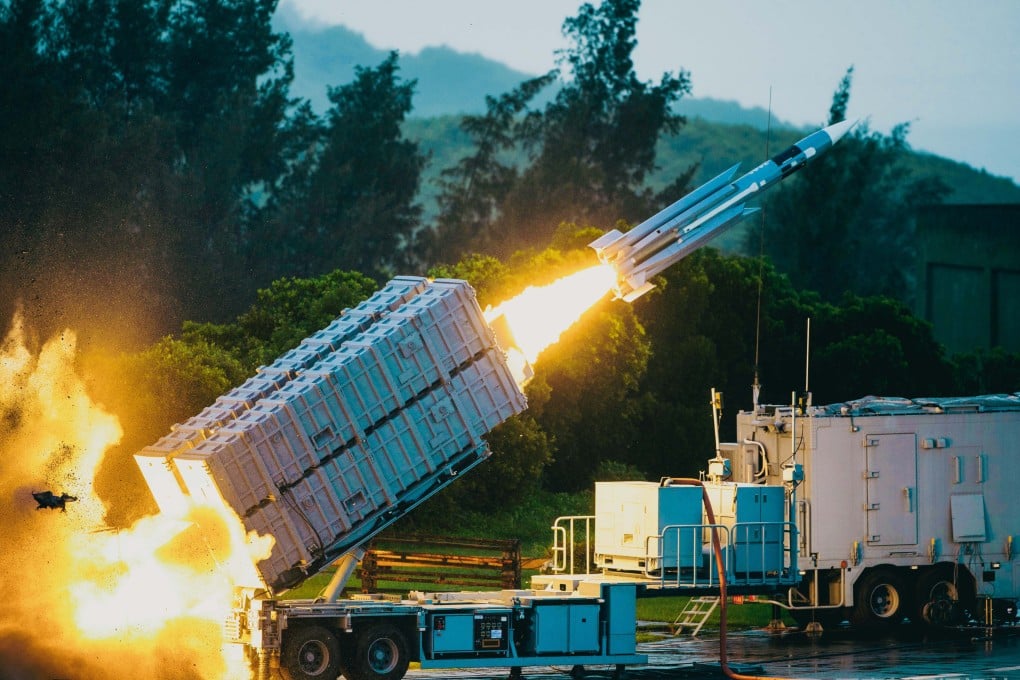
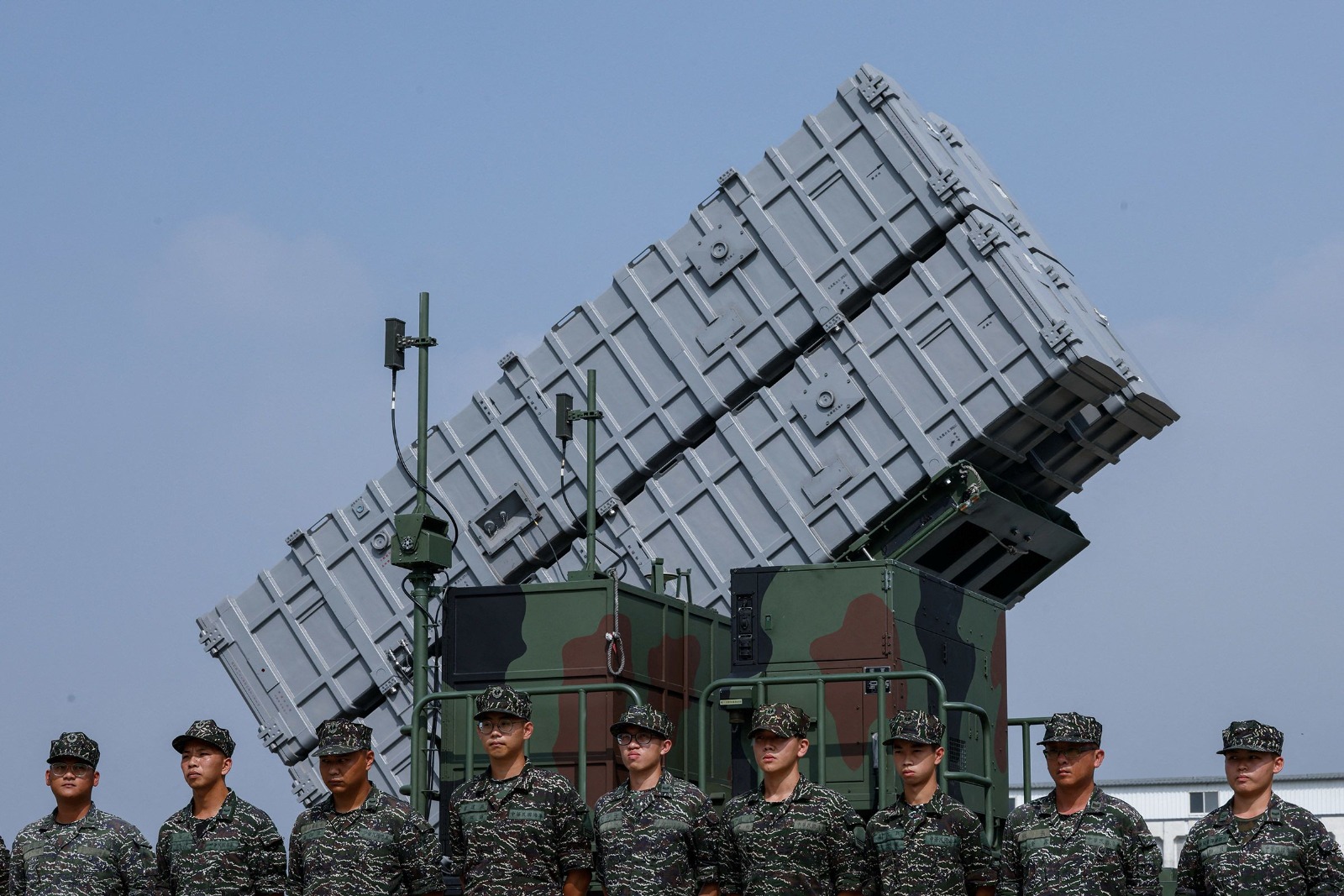
Photos are collected from respective sources.